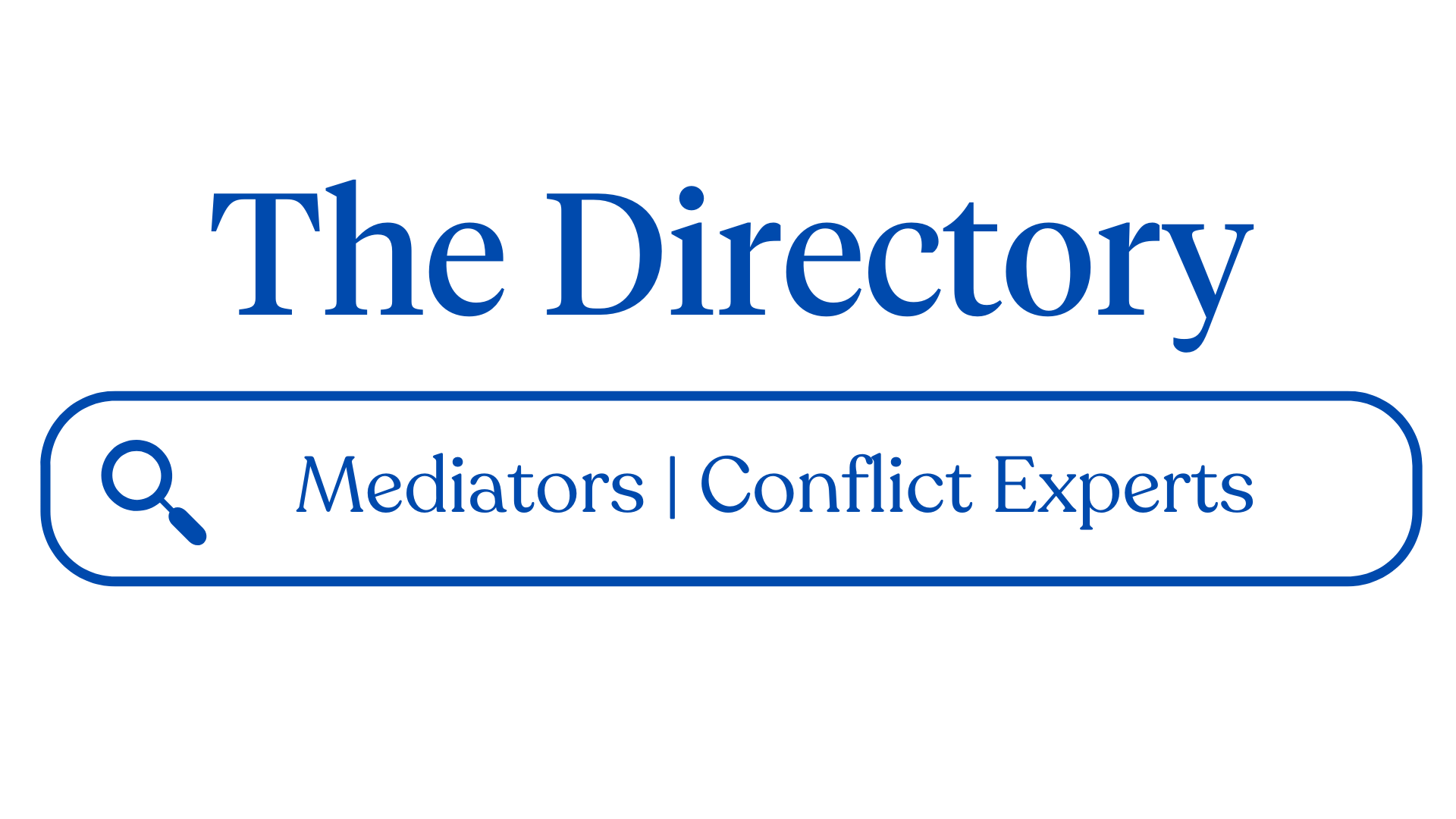Commercial Mediation Services
Resolve Business Disputes with Global Expertise
Achieve effective conflict resolution with our Commercial Mediation services. Navigate complex disputes with ease and confidence, leveraging our cross-cultural awareness and global presence.

"What is Commercial Mediation?"
International commercial mediation is a dispute resolution process where a neutral third party, known as the mediator, helps facilitate discussions between businesses. Unlike litigation, this process aims to reach a mutually agreeable solution to conflicts arising from business transactions, such as breaches of contract or intellectual property disputes. It offers a platform for parties to resolve their disputes without the need to go through complex legal systems.
There are various types of matters that can go to commercial mediation, including contractual disputes, intellectual property disputes, shareholder and partnership conflicts, employment disputes, and consumer protection issues. Other common areas of dispute that may require commercial mediation include construction and engineering projects, as well as trade disputes between businesses.
Tregaskis Mediation - Plymouth’s Premier Commercial Mediation Services
Resolve Business Disputes Effectively and Efficiently
When high-stakes conflicts arise, trust in expertise that delivers results. Based in Plymouth, our commercial mediation services help businesses resolve disputes with professionalism and speed, fostering solutions that save time, money, and relationships.
Why Choose Gordon Tregaskis - Your Plymouth Commercial Mediator?
With over 20 years of experience and credentials from leading global institutions, our Gordon Tregaskis' mediation services are tailored to meet the unique challenges of commercial conflicts. Whether you’re dealing with contract disputes, partnership disagreements, or cross-border issues, we offer solutions that make a difference. Here’s how we stand out:
- Expertise in International Disputes
From local cases to complex international conflicts, Gordon brings specialised knowledge across diverse industries that ensure effective resolutions.
- Cross-Cultural Awareness
Gordon understands the importance of respecting business relationships across cultural boundaries, fostering mutual understanding for smoother negotiations.
- Tailored Negotiation Strategies
Gordon's proven approach to managing high-stakes disputes maximises outcomes while aligning with your business objectives.
- Highly Regulated Standards
As a Mediator regulated by the Bar Standards Board, Gordon ensures professionalism, ethical conduct, and trust in every case.
Commercial Disputes We Specialise in
As an esteemed Commercial Mediator, Gordon Tregaskis can assist with a range of business conflicts, acting as a cost-effective alternative to prolonged litigation. These include but aren’t limited to:
- Contract Disputes
Resolve disagreements over service agreements, trade deals or missed deadlines without the need for court battles.
- Partnership and Shareholder Conflicts
Safeguard business relationships and find common ground through collaborative discussions.
- Supply Chain and Vendor Negotiations
Ease tensions and keep your supply chain running smoothly with professional guidance.
- Cross-Border Commercial Disputes
Leverage global expertise for international conflicts that require cultural and jurisdictional sensitivity.
How the Commercial Mediation Process Works
- Initial Consultation
Start with a one-on-one consultation where Gordon will assess your case and discuss your objectives.
- Custom Mediation Plan
Gordon will create a tailored plan focusing on efficient and respectful resolution.
- Collaborative Discussions
Facilitated conversations with all parties to identify pain points and solutions.
- Resolution & Agreement
Achieve a mutually agreeable solution that safeguards relationships and promotes business continuity.
The Benefits of Choosing Mediation Over Litigation
- Cost-Effective
Mediation avoids the often extreme expenses involved in prolonged litigation.
- Faster Resolutions
Resolve commercial disputes in weeks, not months or years.
- Confidentiality
Keep sensitive business matters private and protected.
- Preserved Relationships
Focus on collaboration to retain partnerships and foster trust.
Resolve Your Commercial Dispute Today
Let's Get You Talking to Gordon Tregaskis
Don’t Wait Until It’s Too Late
Disputes can escalate quickly if not addressed. Our locally based Plymouth commercial mediator, Gordon Tregaskis, is ready to help you take the first step towards resolution today.
Schedule a Consultation Now
Partner with Gordon to protect your business interests and deliver actionable outcomes. Whether you’re looking for resolution on a local or international scale, our commercial mediation services provide a business litigation alternative you can trust.





